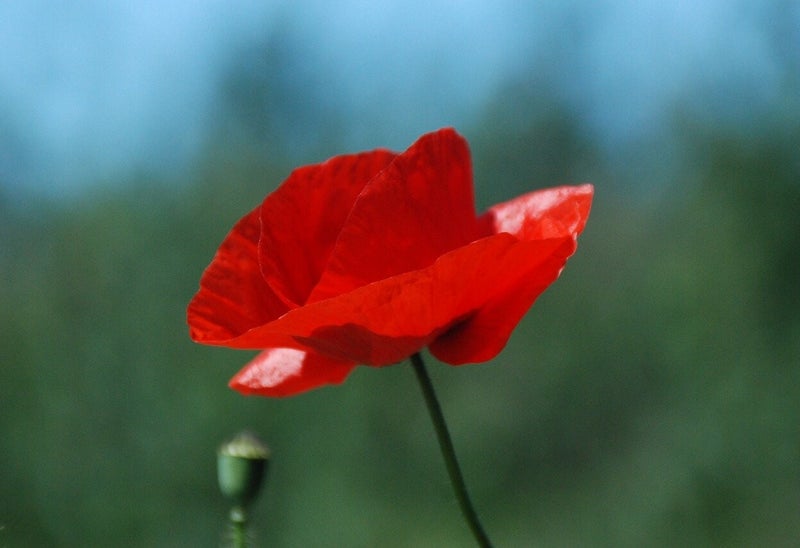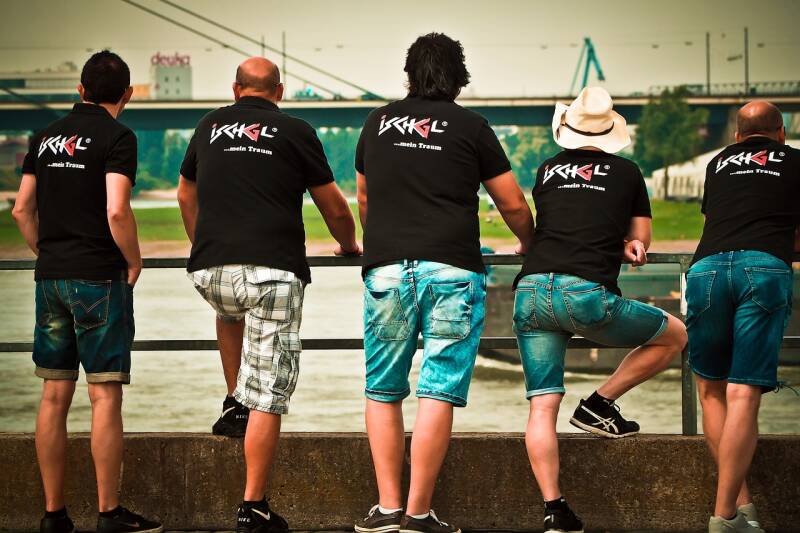Remembrance Day in the UK, held on November 11th, usually remembered with ceremonies on the Sunday before the 11th, if the 11th does not fall on the Sunday. It is a time for honouring those who have served in the armed forces, particularly those who lost their lives in conflict. For veterans and active military members, this day has significant mental health implications, both as a source of pride and as a potential emotional burden.
This day of Remembrance is called by different names in countries, for example in the USA it is 'Memorial Day' and in Australia it is known as 'Anzac Day'. No matter what you call this day of remembrance it is poignant and can be triggering to many, both those who have served and their families and friends.


1. Triggers for PTSD and Trauma-Related Memories
-
For many veterans, especially those who have served in combat, Remembrance Day can evoke strong memories of loss, trauma, and the hardships of service. These memories can trigger symptoms of post-traumatic stress disorder (PTSD), such as flashbacks, heightened anxiety, and distressing memories. The ceremonies and symbolism, such as the sound of bugles, poppies, and moments of silence, may lead veterans to relive painful experiences or feel guilt about surviving when others did not.
2. Feelings of Guilt and Survivor’s Guilt
-
Remembrance Day can also amplify survivor’s guilt—a common feeling among veterans who have lost comrades. This guilt may cause veterans to question why they survived while others did not, which can exacerbate feelings of unworthiness and increase risk for depression and other mental health struggles.

3. Stigma Around Mental Health in the Military
-
Military culture historically emphasizes resilience, and this can lead some veterans to feel uncomfortable expressing or addressing mental health challenges. During Remembrance events, many veterans feel they need to "be strong" or show resilience, which may prevent them from seeking mental health support. This stigma around mental health continues to be a barrier, though efforts by organizations and advocacy groups are making gradual progress in breaking it down.
4. Isolation and Disconnection
-
For veterans who may feel isolated or disconnected from civilian life, Remembrance Day can intensify feelings of loneliness or lack of belonging. Veterans may struggle to relate their experiences to the public, which can reinforce feelings of being misunderstood or overlooked by society. While Remembrance events can provide a sense of community, they may also highlight the distance veterans feel from those who haven't served.


5. Increased Access to Support Resources and Community
-
On a positive note, Remembrance Day often serves as a platform for promoting mental health resources available to veterans and active-duty military. Charities and organizations like the Royal British Legion, Combat Stress, and Help for Heroes use this time to offer services and raise awareness. This can encourage veterans to seek help if they need it, knowing there is broader support and understanding in the community.
6. Renewed Purpose and Positive Reflection
-
For some veterans, Remembrance Day brings a positive sense of purpose, connection, and meaning. Remembering the sacrifices of friends and colleagues, many feel a sense of pride and solidarity with others who served. This shared experience can offer comfort, resilience, and a feeling of unity, reinforcing the importance of community and collective memory.

Increasing Efforts for Mental Health Support
Efforts in the UK are ongoing to support the mental health of military personnel, particularly around Remembrance Day. The UK government and various charities have developed targeted mental health programmes for the military community, providing counseling, PTSD treatments, peer support groups, and other mental health services.
Online platforms, hotlines, and family support programmes are also expanding to make resources more accessible to veterans, especially around emotionally charged times like Remembrance Day.
In essence, Remembrance Day is a profound and complex time for the UK military, where reflection and honour intertwine with mental health challenges. While it brings to the forefront difficult memories and emotions, it also strengthens the push for increased mental health awareness and support in the military community.
Links
Samaritans
Freephone their Veterans Support Hub for the military community on 0808 175 3075 (24/7) or email jo@samaritans.org – to access confidential emotional support for feelings of distress, despair or suicidal thoughts.
SHOUT
A crisis text support service for people in the military community who are struggling and need immediate support to get through a crisis. Text CONTACT to 85258. #TextCONTACT85258
Help for Heroes
Helpline : 0300 303 9888 - Monday to Friday, 9am - 5pm.
https://www.helpforheroes.org.uk/
https://www.helpforheroes.org.uk/application/
NHS 111
To access medical help fast but when it’s not a 999 emergency, telephone 111 (available 24 hours). To access information from the NHS on conditions, treatments, local services and healthy living, visit the NHS website.
https://www.nhs.uk/nhs-services/armed-forces-community/mental-health/veterans-reservists/
Combat Stress
For urgent psychological support, please call 0800 138 1619.
PTSD Resolution
Monday to Friday, 9am to 5pm - Please call 030030120551
https://www.ptsdresolution.org/
"contact@ptsdresolution.org"
Defence Medical Welfare Service
Helpline : 0800 999 3697
Shelter
For urgent housing support, please call 0808 800 4444.
Posted by Angela


Add comment
Comments